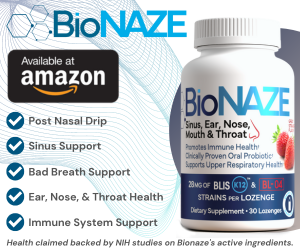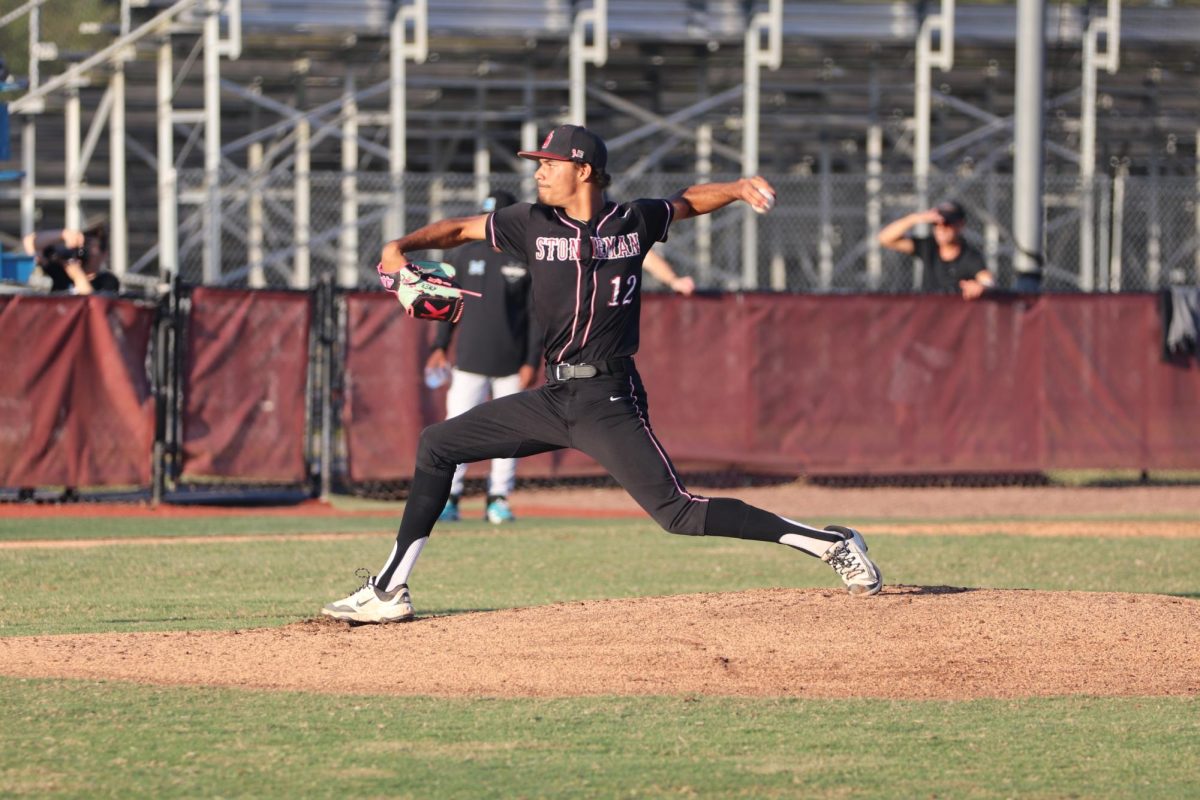Unwanted Search and Seizure; Confiscation of over-the-counter medication and randomized bag searches violates student privacy
Broward County Public Schools officials searched students’ belongings unfairly and unwantedly.
November 4, 2022
When district security personnel barged into classrooms for a random search looking for weapons in students’ belongings, no weapons were actually found; instead, other prohibited items that were not the subject of the search were confiscated. Not only were students’ classes interrupted, but their privacy was unnecessarily violated.
On Sept. 15, three Marjory Stoneman Douglas High School classrooms were selected between 7:40 and 10:50 a.m. to be the subject of random searches; this is a result of the new program enacted by the district on April 5, 2022. Middle schools and high schools across BCPS are subject to searches as a result of this policy.
Superintendent Dr. Vickie Cartwright announced the policy to parents via a video, which implied that all students in selected classrooms would be searched with a hand-held metal detector in an attempt to find weapons or dangerous objects. The video only specified unwanted items as weapons and other dangerous objects.
The perception of the way the searches would be conducted is not what played out in practice. The policy states that after students are informed they will be searched, they are to remove all metal objects from their belongings that could trigger the metal-detecting wands. This way, if students only have non-weapon metal objects in their bags, their bags would not need to be searched, as there is no reasonable suspicion.
However, an MSD administrator confirmed that the students were not told to remove these metal objects from their bags and were escorted out of the room after emptying their pockets. This allowed all bags to potentially set off the metal detectors when they were wanded, giving the district personnel their reasonable suspicion to search every bag, allowing them to rifle through every student’s bag.
“This process will be used at schools throughout the District at random and does not mean that there has been any threat made on the campus when the random metal detection occurs at a school,” a message to MSD students and parents regarding the random searches said.
This clearly suggests that there had been no suspicion that they were carrying any prohibited objects. The way the district conducted the search at MSD violated the wording of their own policy and the standard set that security personnel need reasonable suspicion to look through students’ belongings.
The searches conducted on campus resulted in the confiscation of other prohibited items, which were not the “dangerous objects or weapons” outlined by the policy. This affected students carrying over-the-counter medications, such as Advil, Tylenol or Aleve. There is a clear difference between weapons and pain relievers.
Other students who were found to have vapes in their possession were given the proper disciplinary consequences. Depending on whether it was students’ first, second or third offense, they are given between two to ten in-school suspension days, among other consequences. Students with over-the-counter medications were given a verbal warning and a form to fill out to keep on file in the nurse’s office, which allows students to carry two doses of over-the-counter medication.
There is no question that e-cigarettes disrupt class when students leave class to use them and miss important lessons. They are illegal for students to possess given students’ age range. However, over-the-counter medications are not disruptive to classes. Students take their medication at school often privately or quietly without disturbing class time. In fact, lack of pain medications can make the student more distracted, as anyone that is not feeling well is not going to be able to be fully focused on their schoolwork.
The confiscation of over-the-counter medications left students confused as to why their items were being taken. While the code of conduct does outline the district’s ban on over-the-counter medications without the proper form, that information is buried in over 150 pages of code of conduct rules and regulations for students. While this has been a long-standing rule, students continue to carry pain relief medication on them without the proper paperwork.
In light of these new random searches being conducted, students across the district should be better informed of what items could potentially be confiscated or lead to a disciplinary issue. The district is looking for more than just the outlined weapons and dangerous objects.
Students should be allowed to alleviate pain during the day without having to fill out seemingly-secret paperwork permitting medication in their bag. Any teen can go into a store and purchase over-the-counter medications freely, so they should be allowed to carry and use it at school freely. This is not something that should be prohibited by district policy.
The searches conducted at MSD were an overreach of power by BCPS, enabled by failure to follow their own search policy. Student privacy was violated under false pretenses and both the policy for conducting random searches and the policy for over-the-counter medication should be changed.
This story was originally published in the October 2022 Eagle Eye print edition.












